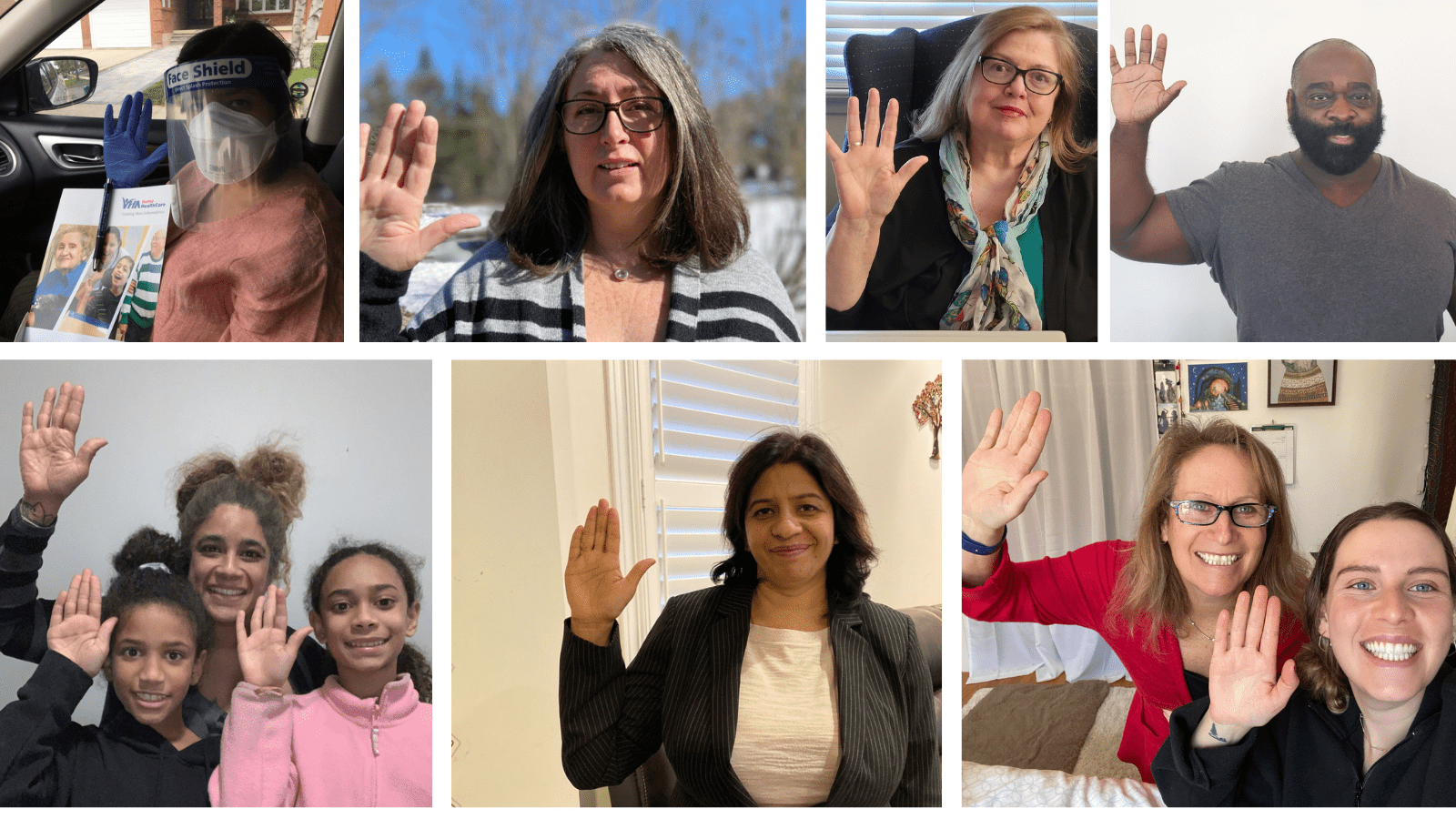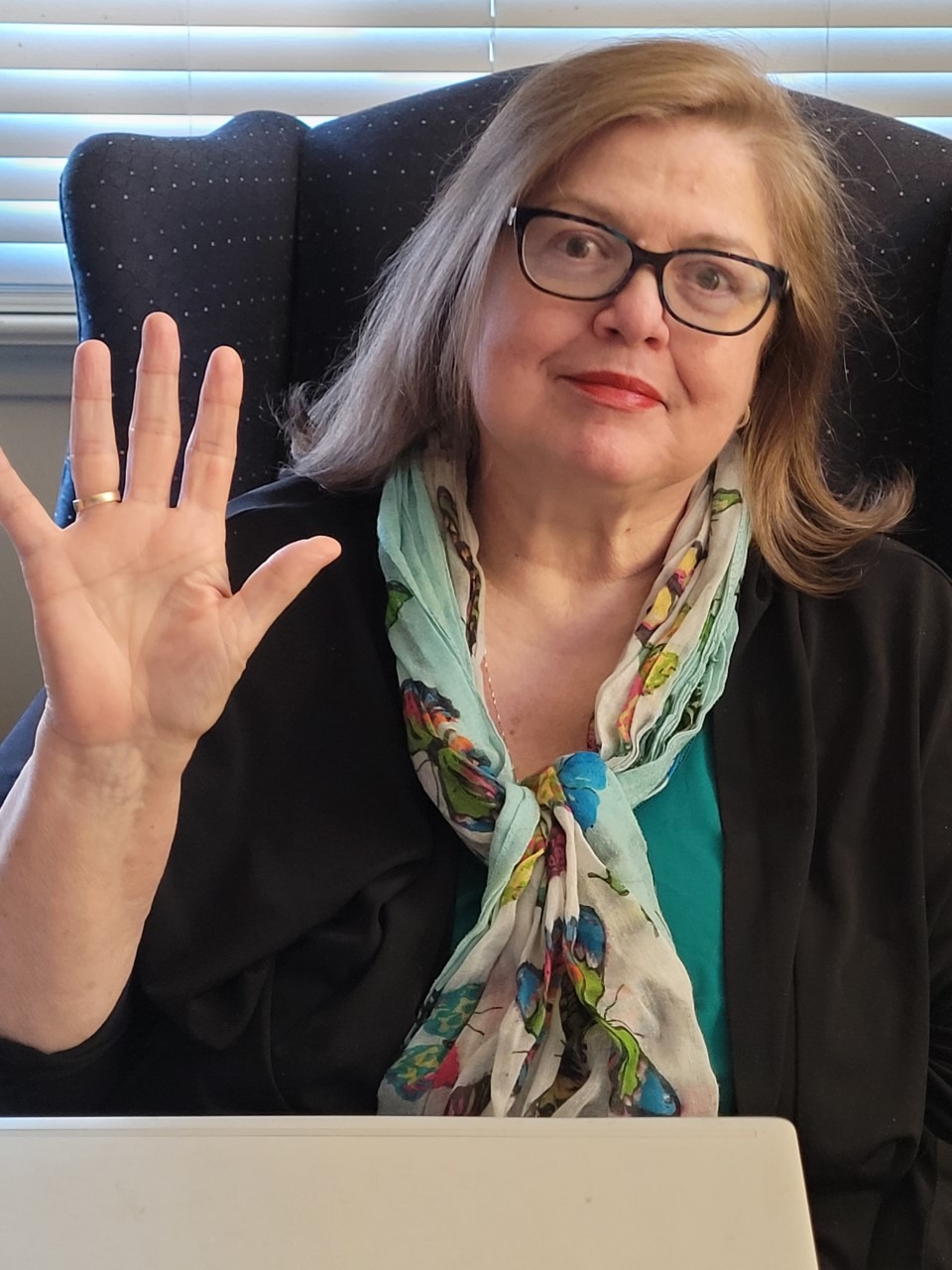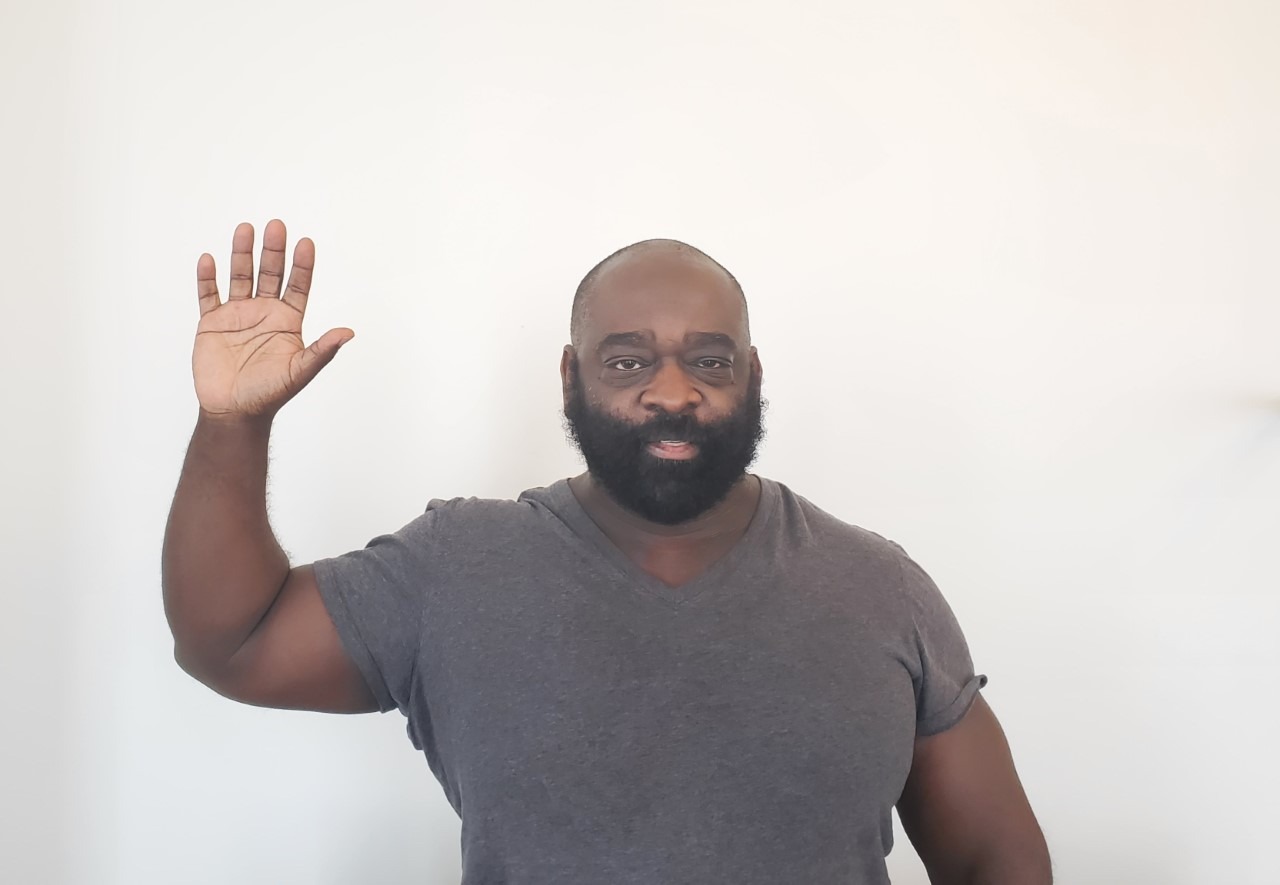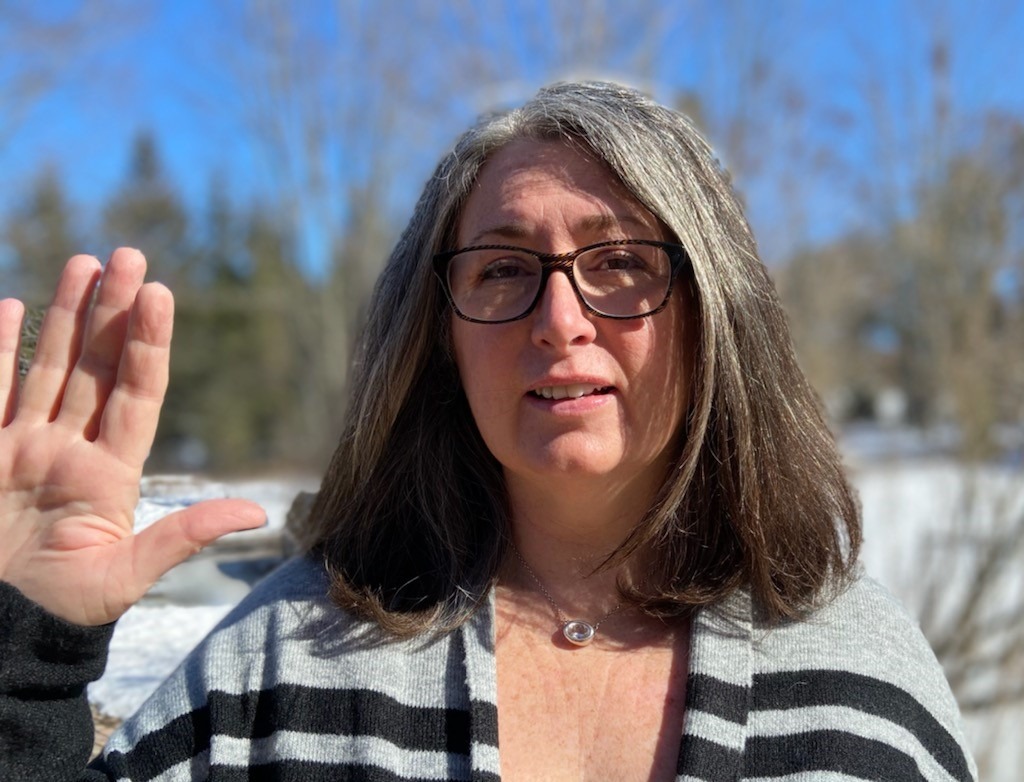From Challenge Comes Change: Choose to Challenge this International Women’s Day

Each year on International Women’s Day, we stop to celebrate the economic, cultural and political achievements of women and girls, raise awareness around the barriers that still exist, inspire support for organizations that help women and reignite a call to action for accelerating gender equality. It’s a global day of unity, celebration and advocacy and an opportunity to reflect on how far we’ve come, while also acknowledging the work that still needs to be done.
At VHA Home HealthCare, our nurses, personal support workers, rehab therapists, supervisors, managers and executives are all predominately women. In fact, 91 per cent of our staff and service providers are female with 77 per cent of management roles and 74 per cent of supervisor positions held by women leaders.
We are endlessly proud of these totals and recognize that health care surpasses other industries in gender representation, but women and especially Black, Indigenous and People of Colour (BIPOC) women, still remain underrepresented in leadership roles in our sector. Across the country, women comprise 80% of the health care workforce, but hold disproportionately fewer leadership positions in hospitals and health care organizations and continue to experience a gender wage gap. There are still many challenges to address that would allow for a more flexible and inclusive working culture that better supports the hiring, advancement and day-to-day experiences of women.
Mind the 100 Year Gap
There is also a significantly heavier burden that falls on women in our home care community when it comes to unpaid caregiving responsibilities for loved ones. This can have a substantial impact on employment, social and educational opportunities as well as physical and mental health. The COVID-19 pandemic has also created further challenges for women from job losses to a rise in domestic abuse, along with the pressures of homeschooling and child care. New global data from United Nations Women suggests that the pandemic has pushed back gender parity progress by 25 years. Before COVID-19, for every one hour of unpaid work done by men, three hours were done by women and now that figure is even higher.
Similarly, the World Economic Forum’s Global Gender Gap Report (2020) concluded that with the current rate of change, gender equality won’t be achieved for at least another 99.5 years. This means that none of us will see this happen in our lifetime—unless we can accelerate our efforts to create a more inclusive world.
The International Women’s Day theme this year is ‘Choose to Challenge’—or to think more critically about our thoughts and actions, how we can challenge and call out gender bias, question stereotypes and actively seek out and celebrate women’s achievements. At VHA Home HealthCare we are in, our hands are up high and we are committed to change. We connected with a few people from our team to hear what the day means to them, to share their own experiences, or to reflect on where they hope to see progress and here’s what they had to say.
VHA Voices
“Starting at VHA nearly 41 years ago as a ‘Visiting Homemaker’—a title that even at the time I realized was a poor description of personal support—I have seen a lot of things change, but somehow so much has stayed the same. On International Women’s Day I do think we need to recognize the importance of unpaid family caregivers to our health care system, that I can confirm are mostly women. Without our support, so many of my clients would be in facilities and not in their homes where they want to be. Watching caregivers juggle their own family, jobs, and health to care for a loved one has always been a difficult part of my role. They aren’t supported properly by the health care system or our government and this needs to change.”
-Elizabeth Gordon, Personal Support Worker

Sandra Tedesco, VHA Regional Director for Toronto Central
“Because I work in an organization that values diversity and inclusion, I sometimes forget how my early history as a female RN working in health care has evolved. I’m also very mindful that the experiences of women of colour, those who are indigenous and those who are visible minorities are different than my own. I was aware of the hierarchical barriers between doctors and nurses—and at the time this often meant between women and men—when I was a new graduate working at SickKids Hospital. I would hear the shocking stories of older nurses who had instruments thrown at them in the operating room and doctors who would grope nurses without fear of reprisal and I honestly felt that my generation was off to a much better start.”
“Over the years those experiences resulted in my unique (and perhaps insignificant) form of advocacy that I thought was necessary to reduce the gender and positional bias in health care organizations at the time and it’s something that I still use in my work today. I observed that nurses would often introduce themselves by their first names and physicians by their full name and title and many doctors would refer to us as ‘nurse’ instead of learning our names. I quickly realized that when people do not bother to remember or pronounce your name correctly, it somehow makes you feel like less of a person.”
“I now push for everyone—especially VHA’s PSWs who I know have been subjected to systemic racism, discrimination and gender bias—to always identify themselves proudly using their first and last names as a small step to ensure that care providers recognize and value the crucial role that they play in the lives of our clients and their families.”
– Sandra Tedesco, Registered Nurse and Regional Director of the Toronto Central Interprofessional Team

Courtney Bean
“On this very important day—as we should every day—I’d like to recognize the impressive women in healthcare and especially my colleagues at VHA. I love this year’s campaign about choosing to call out gender bias which we can clearly see throughout the history of female contributions in all sectors of society—especially for BIPOC women. This is made even more clear by the disappointing representation of women at the helm in many of the country’s wealthiest health care organizations. I am proud to be at VHA where I see creative, innovative and spectacular women doing amazing work on a daily basis, from our dedicated front-line care providers, our steadfast and hard-working staff and volunteers and to our amazing leadership teams supporting and driving innovation both in-house and across the health care system.”
– Courtney Bean, Vice President of Integrated Care & Partnerships

Kelley Myers
“It is my sincere pleasure to honour and celebrate the strength and tenacity of women, non-binary and 2Spirit folks at VHA Home HealthCare. We are mothers, sisters, partners, daughters, grandmothers, leaders and change makers and each of us plays a unique role in supporting and improving Ontario’s health care system. COVID-19 has had a disproportionate impact on racialized women in our community, many of which have had to step out of the workforce to care for family members. I hope that International Women’s Day is a further reminder of the essential role women play in keeping our families and community safe and the crucial importance of increasing government support for unpaid caregivers and the wages for personal and home support workers—96 per cent of whom are women,”
– Kelley Myers, Vice President, Human Resources and Organizational Development
How Can I Celebrate this Year?
International Women’s Day is usually marked by performances, rallies, marches and conferences, but in a pandemic, things will inevitably look a little different. Change and progress isn’t always about the big moments, the legal victories or the international agreements and awareness is half the battle. Share, support, talk, watch, shop and read for change and the small things will add up in big ways:
- Show your commitment to challenging inequality by participating in the #ChooseToChallenge social media campaign. Take a photo of yourself raising your hand up high and share using the #ChooseToChallenge and #IWD2021 hashtags.
- If you can, make a donation to an organization that supports women—either locally or globally. The International Women’s Day website offers some suggestions with a global impact here.
- Most of the world has gone online, so consider attending a virtual International Women’s Day event in your industry or community. Here are some ideas to get you started: Women in Tech’s Tech(Know) Day, She-EO’s Virtual 2021 Summit, COVID-19 and Violence Against Women: The Double Pandemic She Be Lady: Honouring African Women
- Make a conscious effort to research, find and spend your dollars supporting women-owned businesses—this includes books written by women, music created by women and movies written, directed or produced by women.
You may also like:
